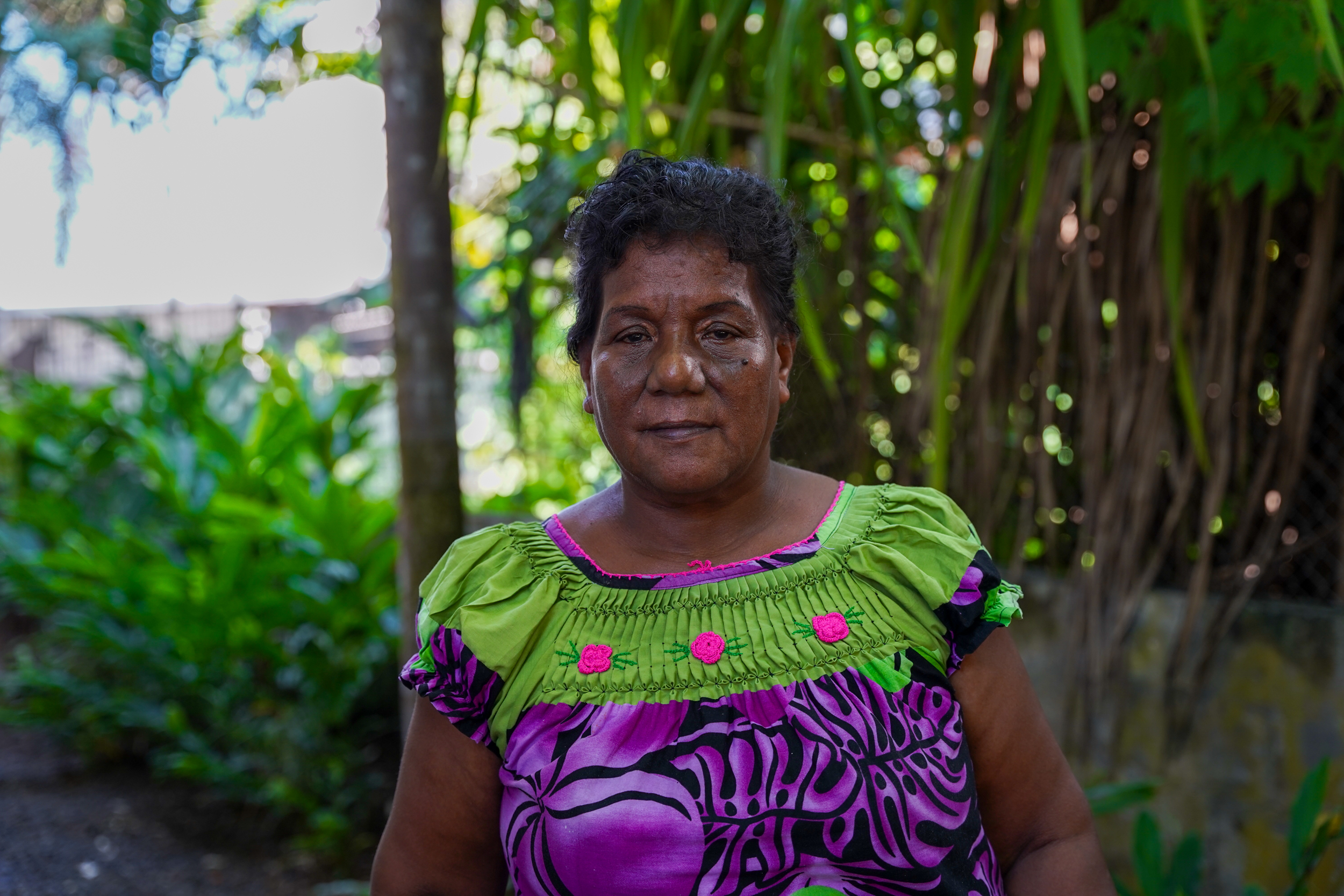
News
From Stage to Society
DJP Fellow Terubeimoa (Ruby) Nabetari Takes Center Stage in Driving Meaningful Social Change in Kiribati
July 2, 2023
APIA, Samoa – Terubeimoa Nabetari, or “Ruby” as she is known by her friends and family, has been using the skills she learned as a composer of music and drama to help her organization, Te Toa Matoa, get their messages across about the rights of persons with disabilities in Kiribati. She is an officer for a program through Te Toa Matoa that works to build the capacity of persons with disabilities in her country. Her dream is for her government to include and prioritize people with disabilities when creating new policies and laws on issues like responses to climate change and plans for new infrastructure.
Question: Tell me a bit about yourself and how you acquired your disability.
Answer: I am a mother and grandmother with five children and seven grandchildren. Before I became a disabled woman, I was well-known for my talents in composing music and drama. I acquired my disability in 2002 due to an accident, and in 2016, it got worse when I couldn’t walk and the doctor told me that something was wrong with my back.
Question: How did becoming disabled make you feel and what support did you get from those around you?
Answer: I felt sad and confused, and I felt that I had no more capacity and ability to do things, especially because I was well-known as a person who composed music and drama in my country. When people saw me using my crutches, they asked what happened and how I [acquired my disability], and I just wanted them to get away from me. However, support came from members of Te Toa Matoa, the umbrella organization for people with disabilities in Kiribati, as I had worked with them before I became disabled.
They kept calling and inviting me to visit their organization, even though I didn’t want anything to do with them. But as time went on, I thanked God that I changed my mind and started to realize what I have to offer people with disabilities in my work composing music and drama. Support also came from my husband who told me that being disabled is not the problem but that a person with my talents was needed, especially by organizations for persons with disabilities and women and youth organizations. I also get support from my children and family, as they are always there for me.
Question: Give one example of how you used your talents to help your organization.
Answer: I have been helping our organization Te Toa Matoa to produce awareness dramas and films on the different services provided by different government ministries. They give us their key messages, and I produce a story and help the members to perform their different roles. During one year, we did an awareness film on how to protect people from tuberculosis.
Question: In your work as a project officer for Te Toa Matoa, what are some issues being faced by people with disabilities in Kiribati and how are they being addressed?
Answer: Safe and clean drinking water isn’t available at times during flooding caused by climate change, so we have to buy and save bottled water for drinking and washing because water from the well and rainwater from tanks can become unsafe and can affect the health of all, including women with disabilities. Other issues include the need for accessible infrastructure, such as an accessible courthouse for wheelchair users, accessible early warning systems that are accessible to Deaf people and accessible healthcare for all, including persons with disabilities. These issues are addressed through collaborative projects with the Disability Rights Fund and relevant government ministries.
Question: Why is the DJP workshop important for you and your organization?
This is very important because it can help us to be visible to the public, and I think if we produce our film ourselves, our people are aware of what people with disabilities need and how they feel.
DJP Fellow Ari Hazelman is the disability inclusive officer for the Samoa Blind Persons Association, (SBPA), the only association in Samoa that deals with issues affecting blind and visually impaired people. Hazelman works with the SBPA’s Braille unit and is involved in the organization’s advocacy efforts. @2023 SBPA. All rights reserved.
News From the Global Frontlines of Disability Justice
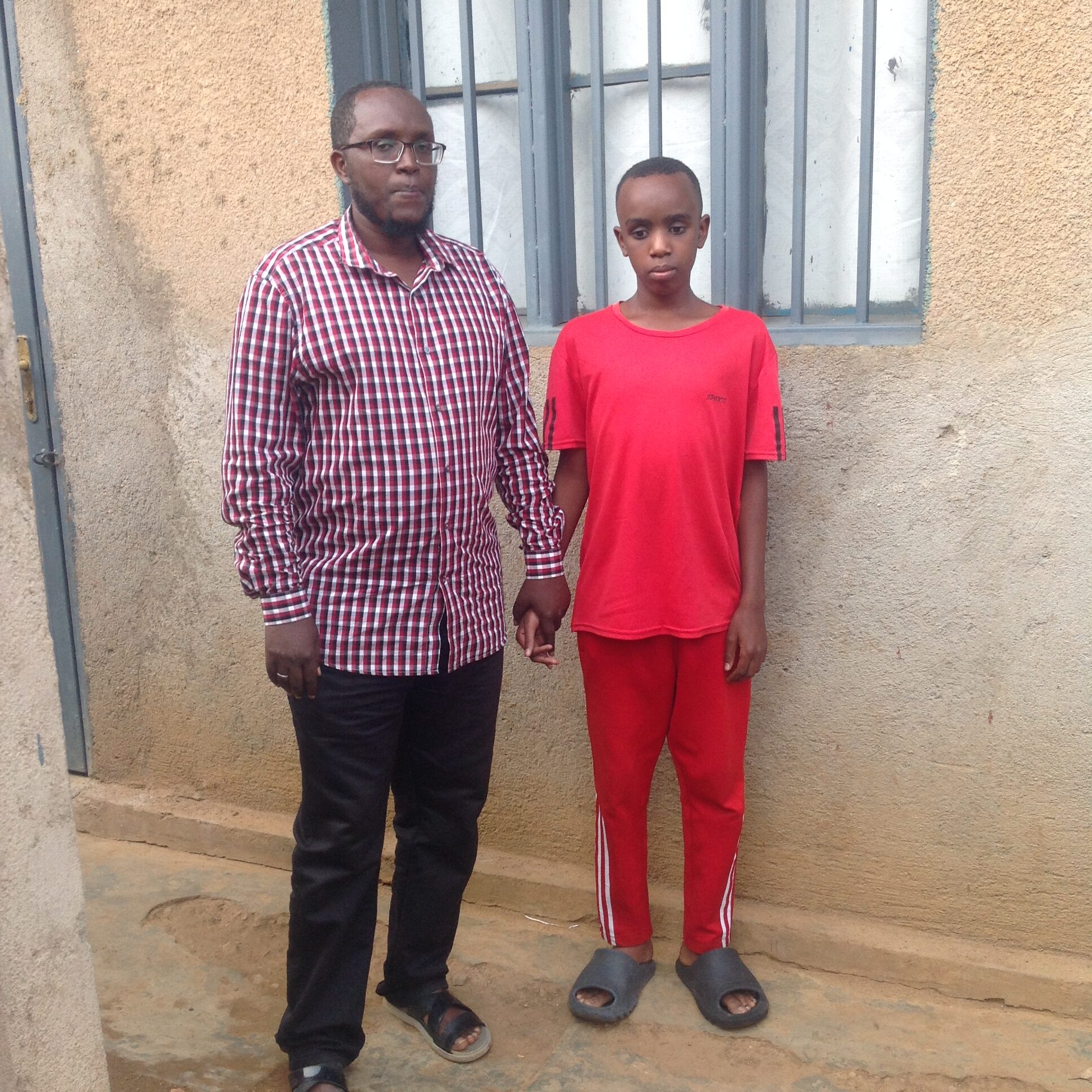
‘I Just Want to Walk Alone’
Fourteen-year-old Saifi Qudra relies on others to move safely through his day. Like many blind children in Rwanda, he has never had a white cane. His father, Mussah Habineza, escorts him everywhere. “He wants to walk like other children,” Habineza says, “He wants to be free.” Across Rwanda, the absence of white canes limits children’s mobility, confidence, and opportunity. For families, it also shapes daily routines, futures, and the boundaries of independence.
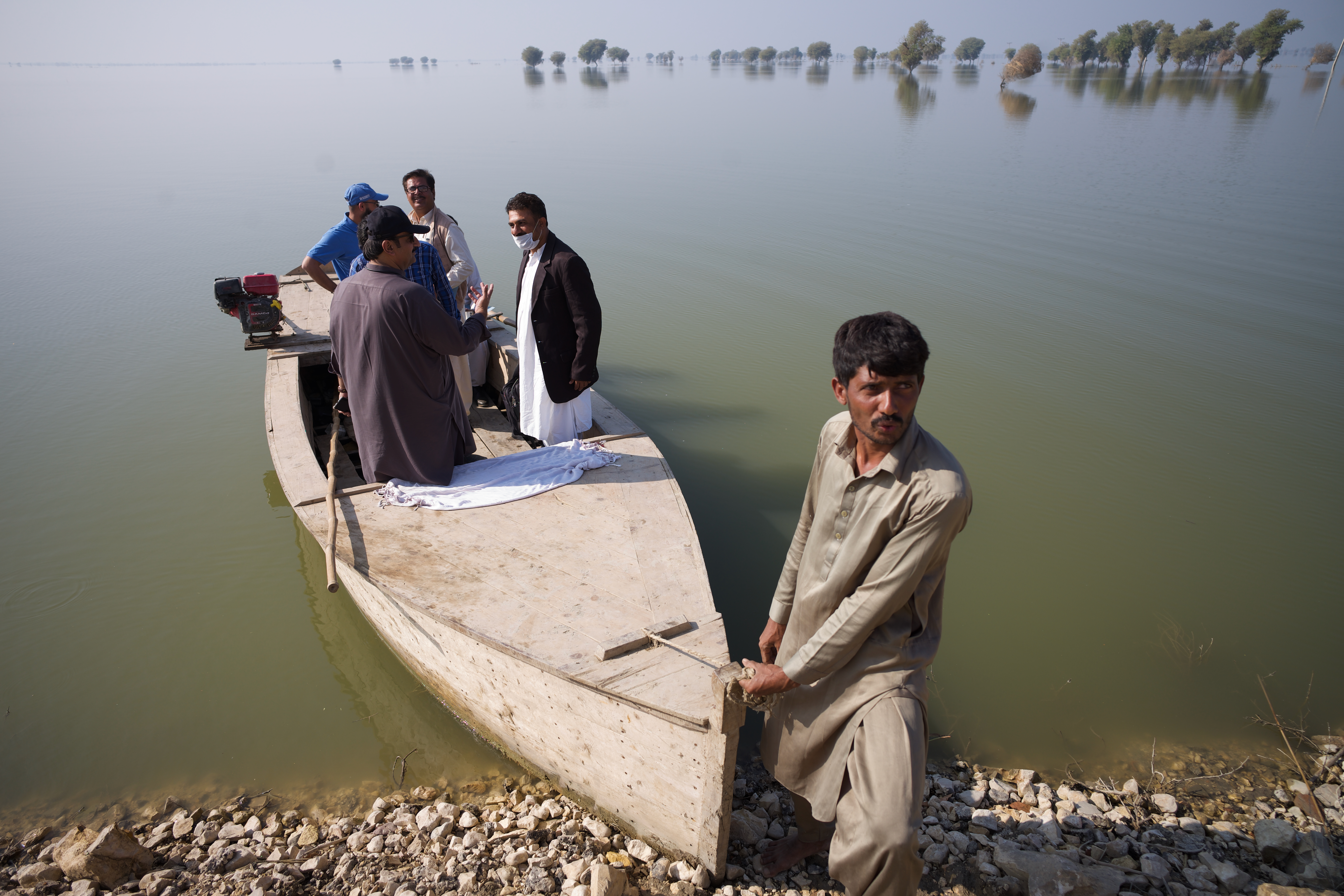
‘Evacuation Routes Are Meant for People Who Can Run’
As climate change and conflict intensify across Pakistan, emergency systems continue to exclude people with disabilities. Warning messages, evacuation routes, and shelters are often inaccessible, leaving many without critical information when floods or violence erupt. “Evacuation routes are built for people who can run,” Deaf author and policy advocate Kashaf Alvi says, “and information is broadcast in ways that a significant population cannot access.”
Read more about ‘Evacuation Routes Are Meant for People Who Can Run’
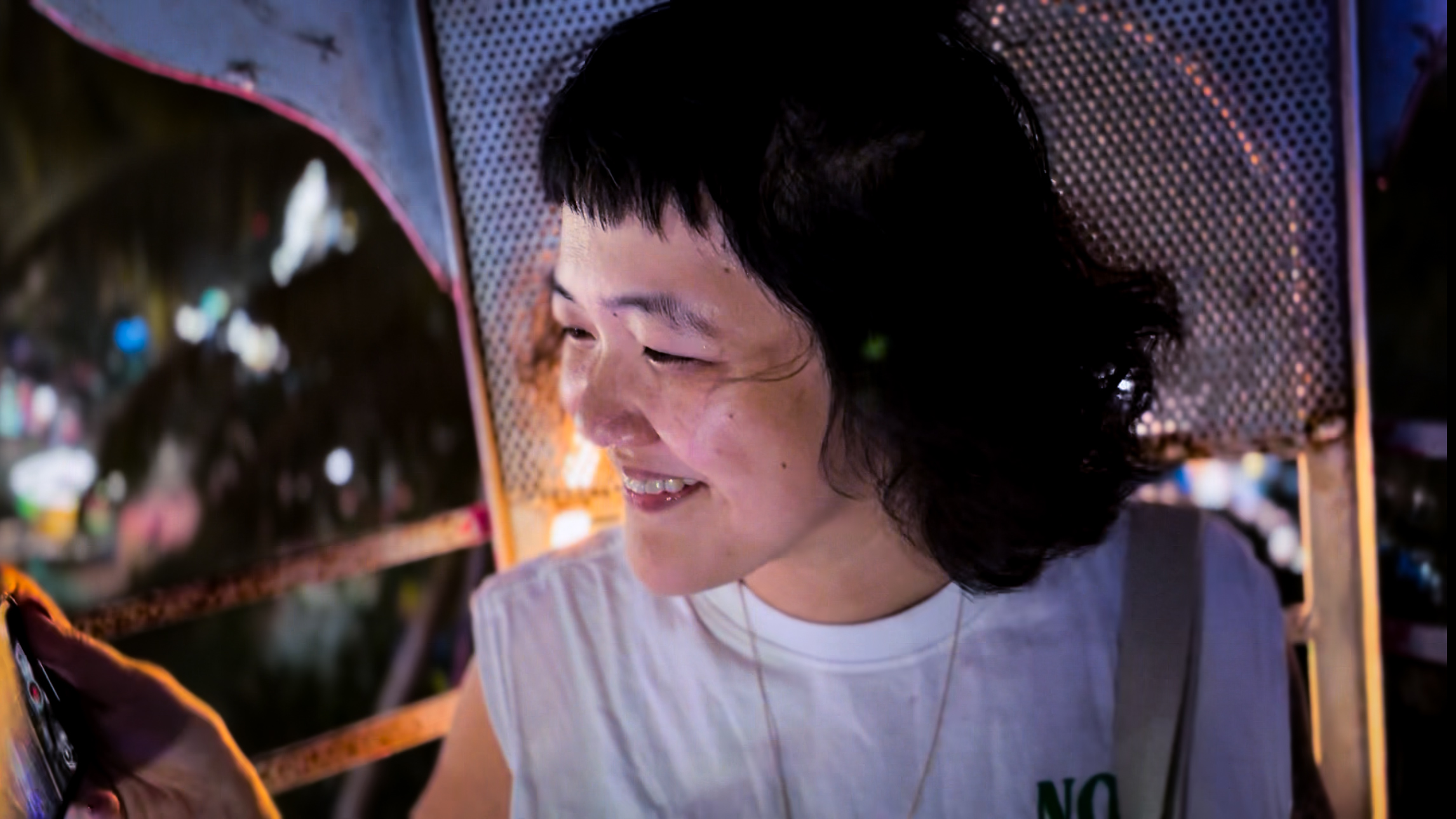
Autism, Reframed
Late in life, Malaysian filmmaker Beatrice Leong learned she was autistic and began reckoning with decades of misdiagnosis, harm, and erasure. What started as interviews with other late-diagnosed women became a decision to tell her own story, on her own terms. In The Myth of Monsters, Leong reframes autism through lived experience, using filmmaking as an act of self-definition and political refusal.
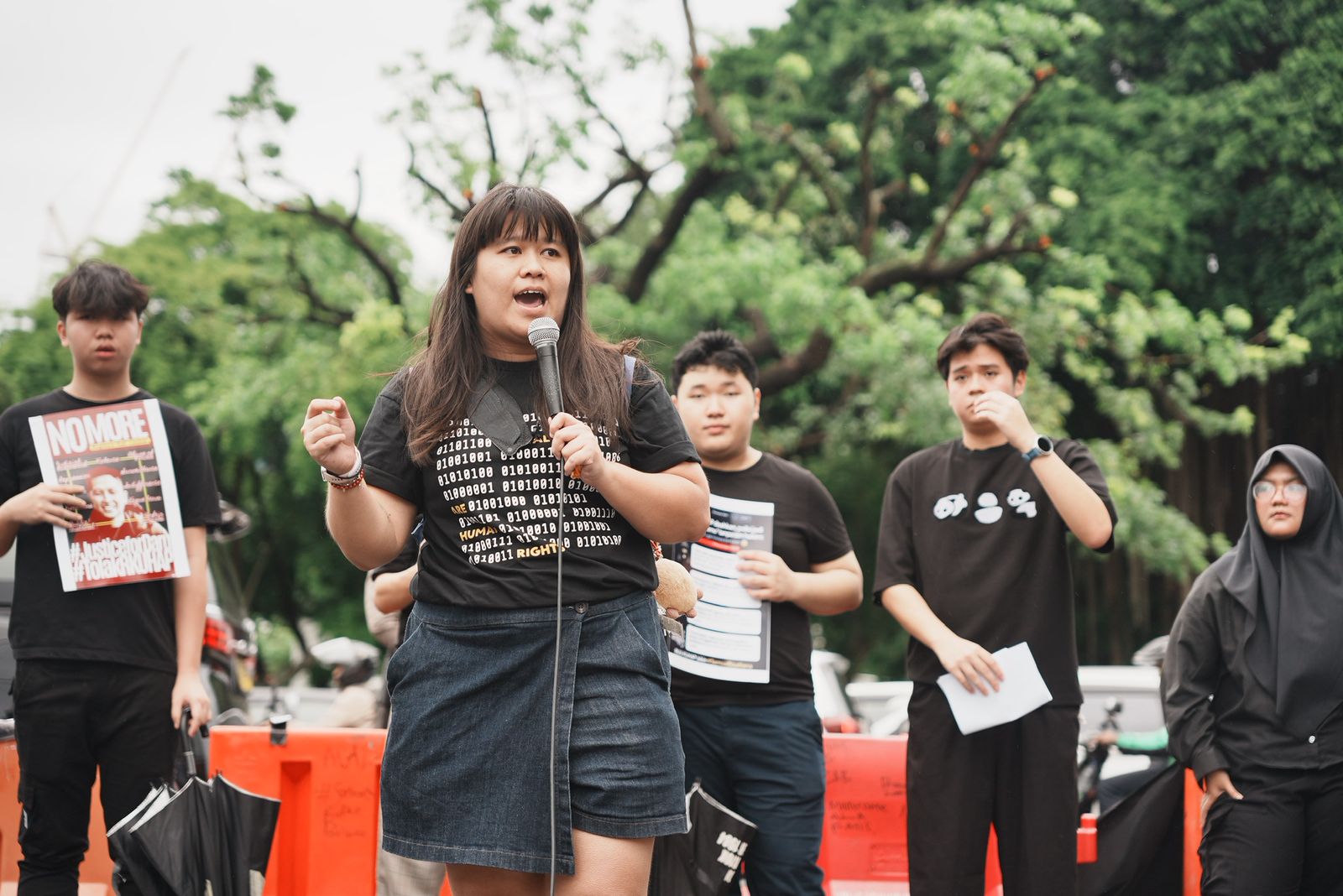
Disability and Due Process
As Indonesia overhauls its criminal code, disability rights advocates say long-standing barriers are being reinforced rather than removed. Nena Hutahaean, a lawyer and activist, warns the new code treats disability through a charitable lens rather than as a matter of rights. “Persons with disabilities aren’t supported to be independent and empowered,” she says. “… They’re considered incapable.”

Disability in a Time of War
Ukraine’s long-standing system of institutionalizing children with disabilities has only worsened under the pressures of war. While some facilities received funding to rebuild, children with the highest support needs were left in overcrowded, understaffed institutions where neglect deepened as the conflict escalated. “The war brought incredibly immediate, visceral dangers for this population,” says DRI’s Eric Rosenthal. “Once the war hit, they were immediately left behind.”
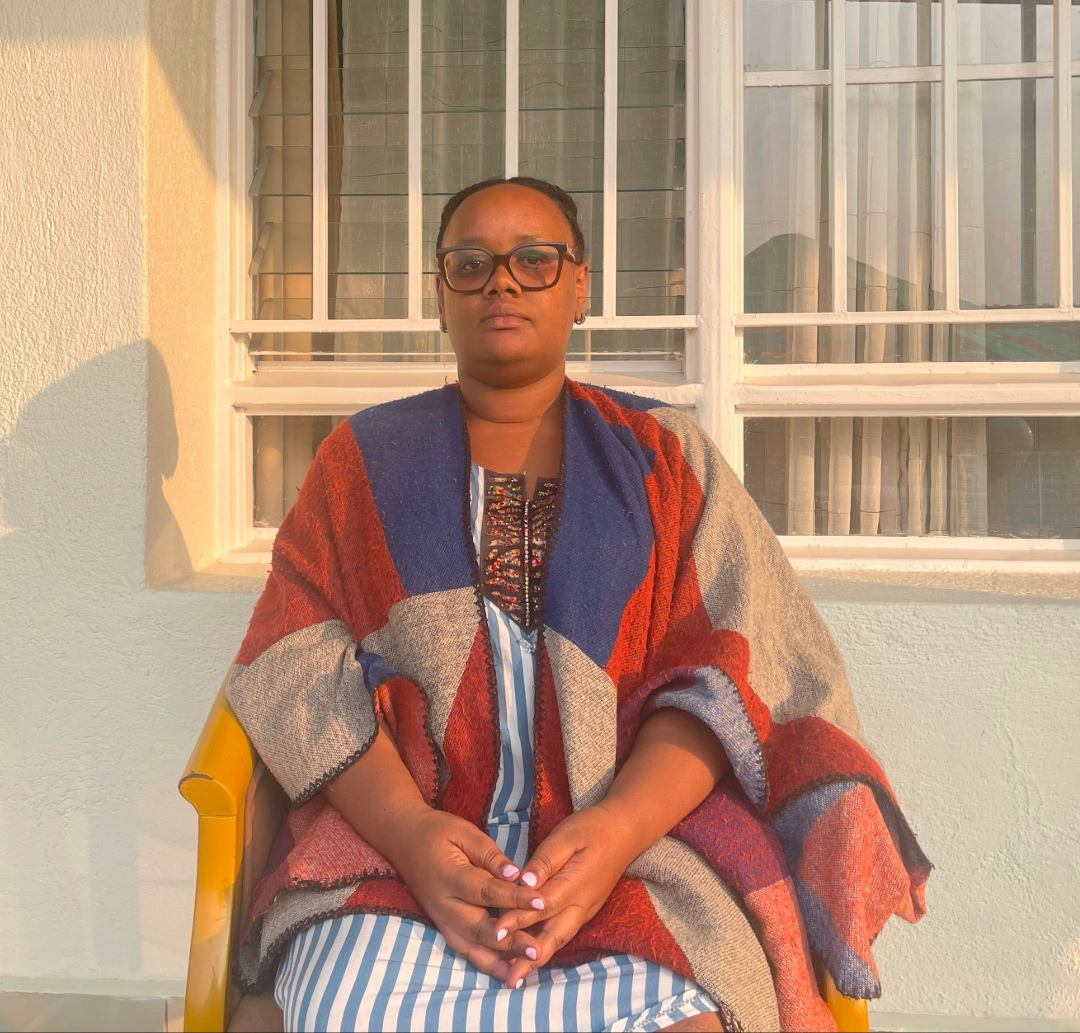
The Language Gap
More than a year after the launch of Rwanda’s Sign Language Dictionary, Deaf communities are still waiting for the government to make it official. Without Cabinet recognition, communication in classrooms, hospitals, and courts remains inconsistent. “In the hospital, we still write down symptoms or point to pictures,” says Jannat Umuhoza. “If doctors used sign language from the dictionary, I would feel safe and understood.”